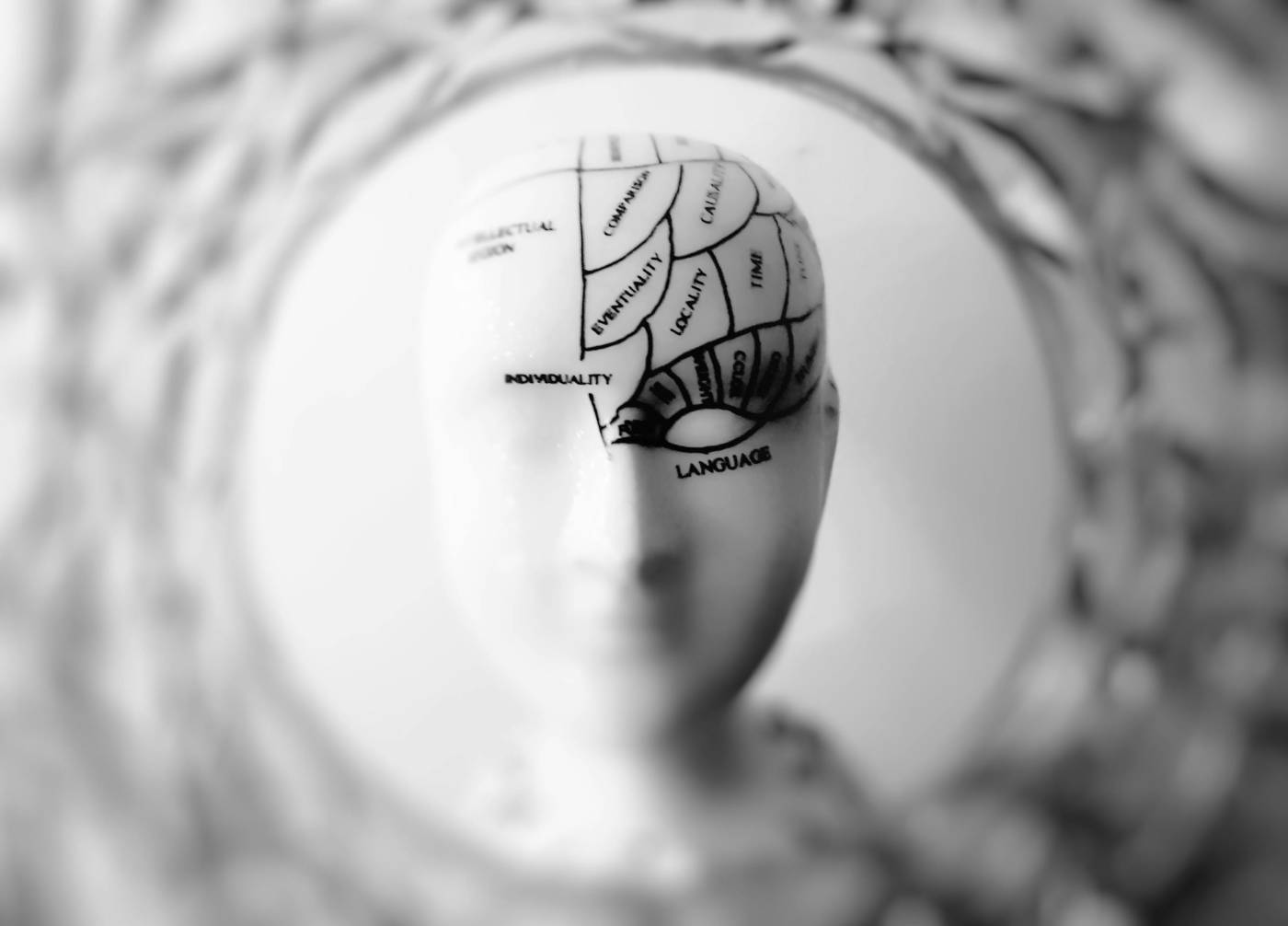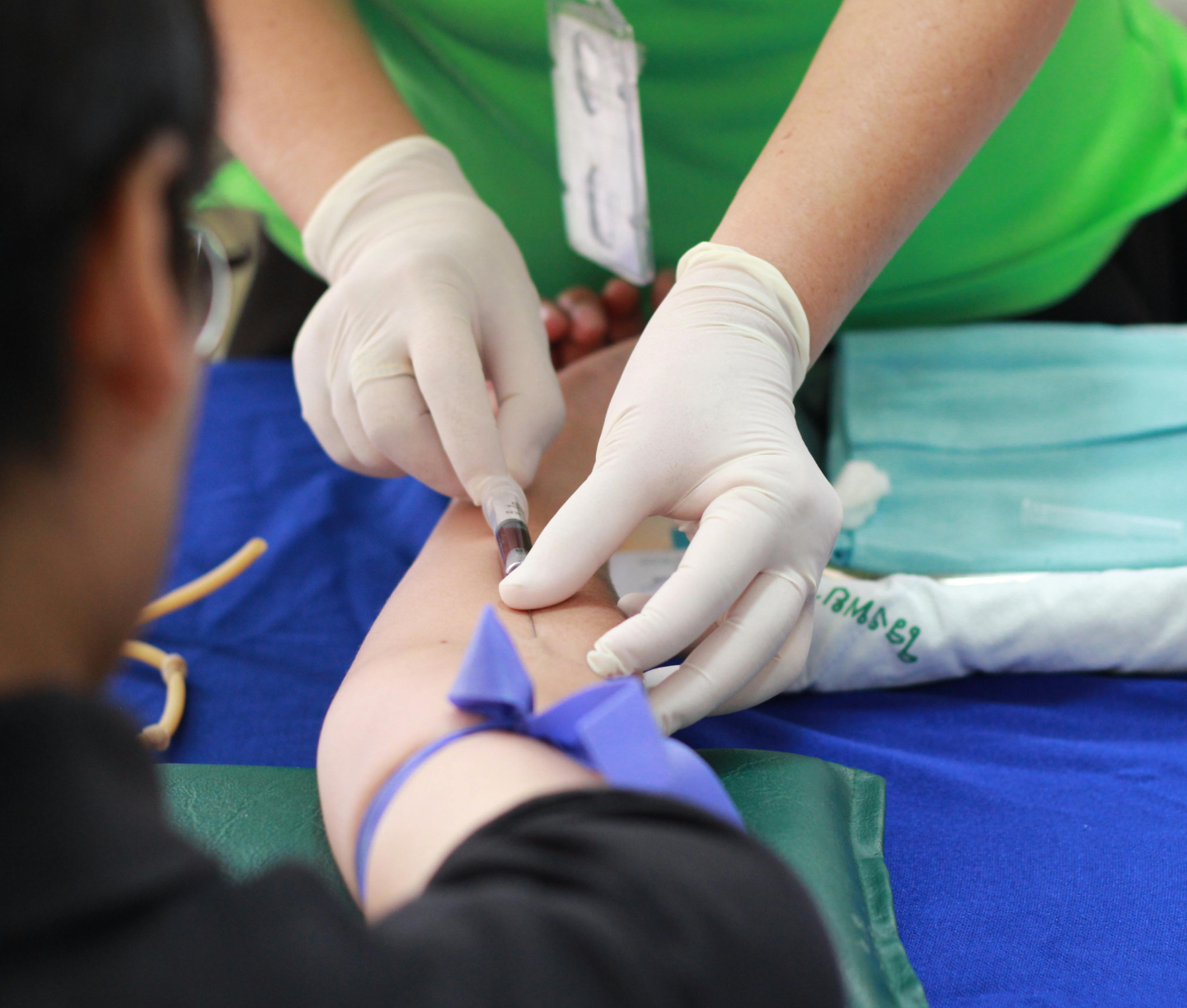Bulimia is a secretive, isolating illness that prevents many young people from enjoying a full, happy and rewarding lives. Bulimia nervosa, more commonly called bulimia, is a severe eating disorder and mental health illness. Individuals who suffer from this awful illness are stuck in a vicious cycle of starving themselves, eating a large amount of food in one sitting, otherwise referred to as binge eating, and then purging from guilt and other adverse emotions. Purging in the medical field is referred to as the act of attempting to overcompensate for binge eating; this can be seen to include but is not limited to:
- Ingesting laxatives
- Vomiting
- Fasting
- Taking diuretics
- Over-exercising
It is vital to understand as an outsider that the individual suffering from bulimia are binging and purging without control over their actions. It comes in the form of compulsions where they are physically unable to stop themselves. These symptoms can completely turn an individual’s life upside down and severely impact their social life, family life, career, and finances.
You may be wondering when bulimia starts; there are various signs that we can identify to help understand if someone is suffering from this illness. Often they can take the form as:
- Consuming large amounts of food in a relatively short period
- Secret eating
- Fear of gaining any weight or benign referred to as fat
- Failing to perform in work, school, or engage in athletics
- Self-esteem and self-worth are often heavily tied to body weight and shape
- Evidence of purging can be seen to include disappearing to the bathroom for extended durations after eating, adhering to strict exercises
- Withdrawing from everyday activities that they once loved
- Withdrawing from friends, family, and loved ones
Physical symptoms of bulimia
Dentists are usually the first within the medical field to pick up on subtle signs of self-induced vomiting due to the tell-tale patterns of dental erosions on the surface of the teeth. However, oral health concerns are not the only physical symptoms that have been linked to bulimia. Individuals may further experience:
- Chest pains
- Bloodshot eyes
- Chronic bouts of constipation
- Calluses on the back of their hand’s
- Frequent soreness through
- heart palpitations
- Stomach aches
- Mouth ulcers
- Swollen glands/roundness in the jaw area
- Electrolyte imbalance
- Weight fluctuation
- Headaches
- Dehydration
- Swelling of the hands and feets
- Vomiting blood
- Yellowing teeth
- Decaying teeth
- Tooth sensitivity
Emotional symptoms of bulimia
Emotional symptoms are often more challenging to notice and will usually be identified by a close family member or friends. While these emotional symptoms are not unique to individuals who have bulimia, they do raise considerable concerns for the individual:
- Depression
- Feeling completely out of control
- Extremely self-critical of themselves
- Overly irritable
- Irregular mood swings
- A constant need for approval
- Their self-worth, attractiveness, and self-esteem are all determined by their weight and visual appearance
Behavioral symptoms of bulimia
The following behavioral symptoms are those that are most often associated with bulimia. Like emotional symptoms, these are usually identified by a close family member or friends:
- Extremely eating habits that can be seen to include strict dieting followed by overeating
- Creating strict schedules or rituals that allow the individual to go ahead and allow for binging or purging
- Evidence of binge eating, which can induce stealing or stashing of food
- Exercising with the sole purpose of burning off a certain amount of calories
- Fatigued appearance
- Withdrawl from friends and family members
- Using detox teas as a way to suppress their appetite
- Constantly talking about the number of calories in food, dieting, or weight
Who is at risk of developing bulimia
Bulimia is a severe mental health issue, and like every other mental health disorder, bulimia does not discriminate. Statistics show that bulimia is more common in young girls and women than in boys and men. It’s estimated that 30 million Americans have struggled with an eating disorder. Several factors place surrounding individuals at a higher risk of developing the illness themselves, such as:
- Having a loved one or close friends suffer or currently suffering from bulimia
- Experiencing psychological or emotional trauma when growing up
- Social media
- Individuals who begin learning about strict diets from a young age
While the list above does not highlight every factor that places an individual at a higher risk of developing bulimia, they are a few proven to be a risk factor.
Getting help
It is essential that you receive professional treatment if you are a loved one who has bulimia or any eating disorder. The nature of mental health issues will continue to worsen until the individual accepts help. Friends and family members must be aware of the signs and symptoms surrounding bulimia and can identify when a loved one is struggling.




